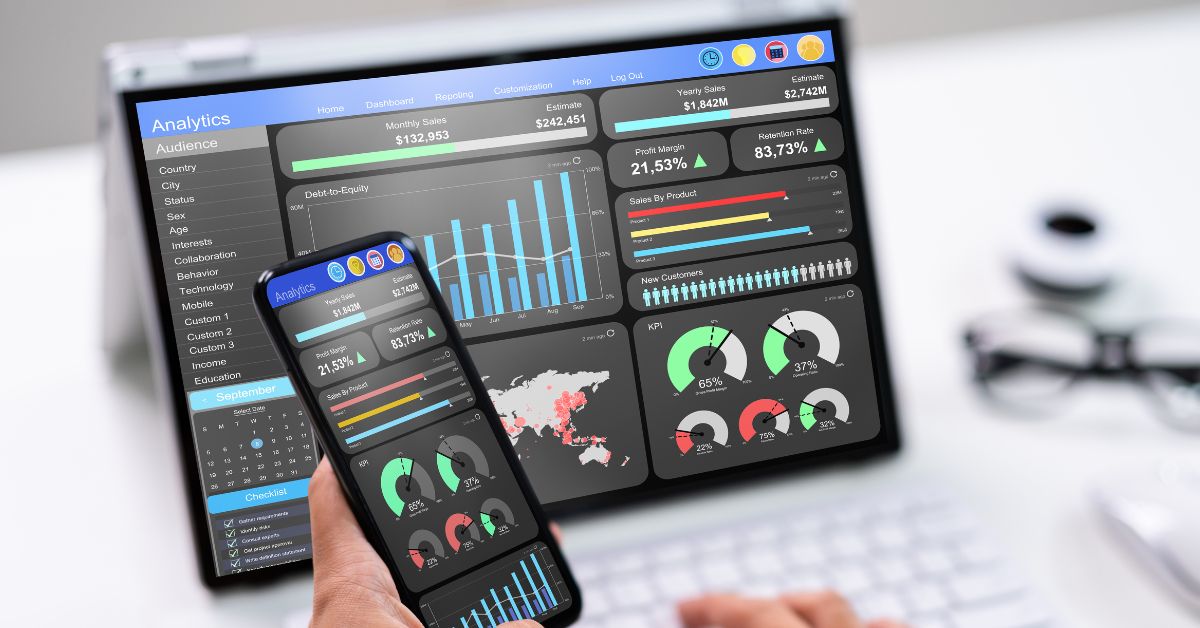Electronic discovery, or e-discovery, is the process of seeking, locating, securing, and searching electronic data with the intent of using it as evidence in a civil or criminal legal case.
This process is about more than a new way to handle discovery requests. It’s about beginning to answer how our industry will handle the rise of technology in daily life. Social media, texting, emailing—all are ways of communicating that will become written documentation to be tracked in cases as evidence. Information about the role of social media in court cases, or news stories showing crucial evidence in the form of text messages are coming up more frequently than ever, and law firms need a way to approach it all.
As more firms and businesses go paperless, electronic communications and records will become the primary source of information for legal cases. And all that information is subject to e-discovery in case of a lawsuit.
Building an e-discovery team
Sometimes the best approach to e-discovery is a proactive one. There’s no need to wait until a flood of cases involving mountains of digital data appears at your firm’s doorstep.
E-discovery can seem daunting, but the process is manageable with tools that help organize the process from start to finish. You may spend time tracking down deleted information or consulting and connecting multiple sources. But a road map that incorporates the right legal tech solutions can help you through the process.
Here are some first steps to help you get started:
Choose an e-discovery point person
While truly effective e-discovery will require a team effort, it can be useful for a law firm to appoint one person to head up electronic discovery efforts. This person will be responsible for assigning tasks and will work to become the resident expert on technology as it pertains to e-discovery.
Understand the basics of the most popular technology
From various social media sites and apps, email, accounting software, and online servers, learn a little about the most likely technologies that you’ll be working with. Find out when information is encrypted, standards for archiving or deleting information, and start to compile records regarding security or other important things to know about each. You can build on this as cases come up and your team learns more about each.
Create a technology questionnaire
Draw up a technology questionnaire that can be given to clients at the start of any case that may include e-discovery. Ask about where data is stored, about the client’s data retention policies, and how often they back up their data. If the client is a business, you may want to request a copy of their Internet usage policy. Have the client themselves come up with as many possible locations of information as possible, so you have a good place to start.
Review available e-discover tech options
Look among the many available e-discovery vendors for the features and services that will best meet your needs for the best price. Consider vendors who offer extensive support or ones that integrate with programs you already use. Ask paralegals from other law firms what software they use for e-discovery, and find out what they like and don’t like about the companies they use.
Look up e-discovery requirements for your state
States are slowly starting to recognize how e-discovery differs from traditional rules, and have begun to release guidelines and requirements for handling the process over the last few years. Go over these rules for your state and your county, and consider which specifications will be most important to keep in mind as you get started with e-discovery.
E-discovery may seem like a daunting process to begin, but it’s not just for big law firms to pursue any longer. Given the number of people who use technology every single hour to communicate and record events, electronic discovery will become an ever more important part of case discovery.
***
What has your firm learned about getting started with e-discovery? Share your tips and tricks in the comments.









